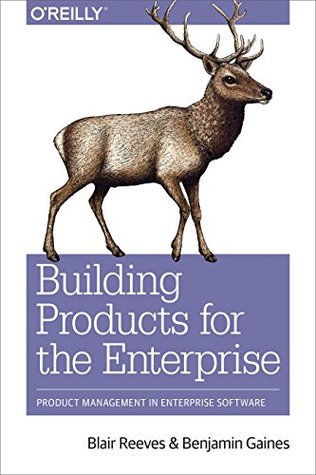More on this book
Kindle Notes & Highlights
by
Blair Reeves
Read between
April 30 - April 30, 2018
If we had to boil down product management into two things, it would be these: figure out who you are building for by deeply understanding customer problems, and figure out how to build by driving alignment across teams.
some product managers will say that “user experience design owns the user.” But the flip side of that maxim is equally important: “product management owns the customer.”
A customer problem, multiplied by a group of customers, becomes a market problem, and solving market problems is your biggest market opportunity.
industry-shaping growth comes from solving the big, meaty customer problems that often take years, not months (or sprints!), of work.
Here is the rub, though: when big companies pay you millions of dollars for software, the last thing they want is major, unannounced, and unexpected changes to the product. This is even more true for business-critical applications like the ones you probably work on.
The reason A/B testing is great for most websites and consumer applications but sometimes risky within enterprise software products is that enterprise users (i.e., those “pay[ing] you millions of dollars for software”) do not like to be jerked around when it comes to their user experience (UX).
too many product managers become obsessed with the competition, usually unintentionally, without knowing that it is happening. Through the process of competition, they end up relying on the market leader’s product strategy to define their own, or believing that knowing their competitor inside and out will allow them to fend off threats.
Beware of allowing the sales team to sit in on these customer interviews. Often, in subtle but meaningful ways, the presence of a team whose expressed purpose is to sell more software will change the way a customer responds to a question.


